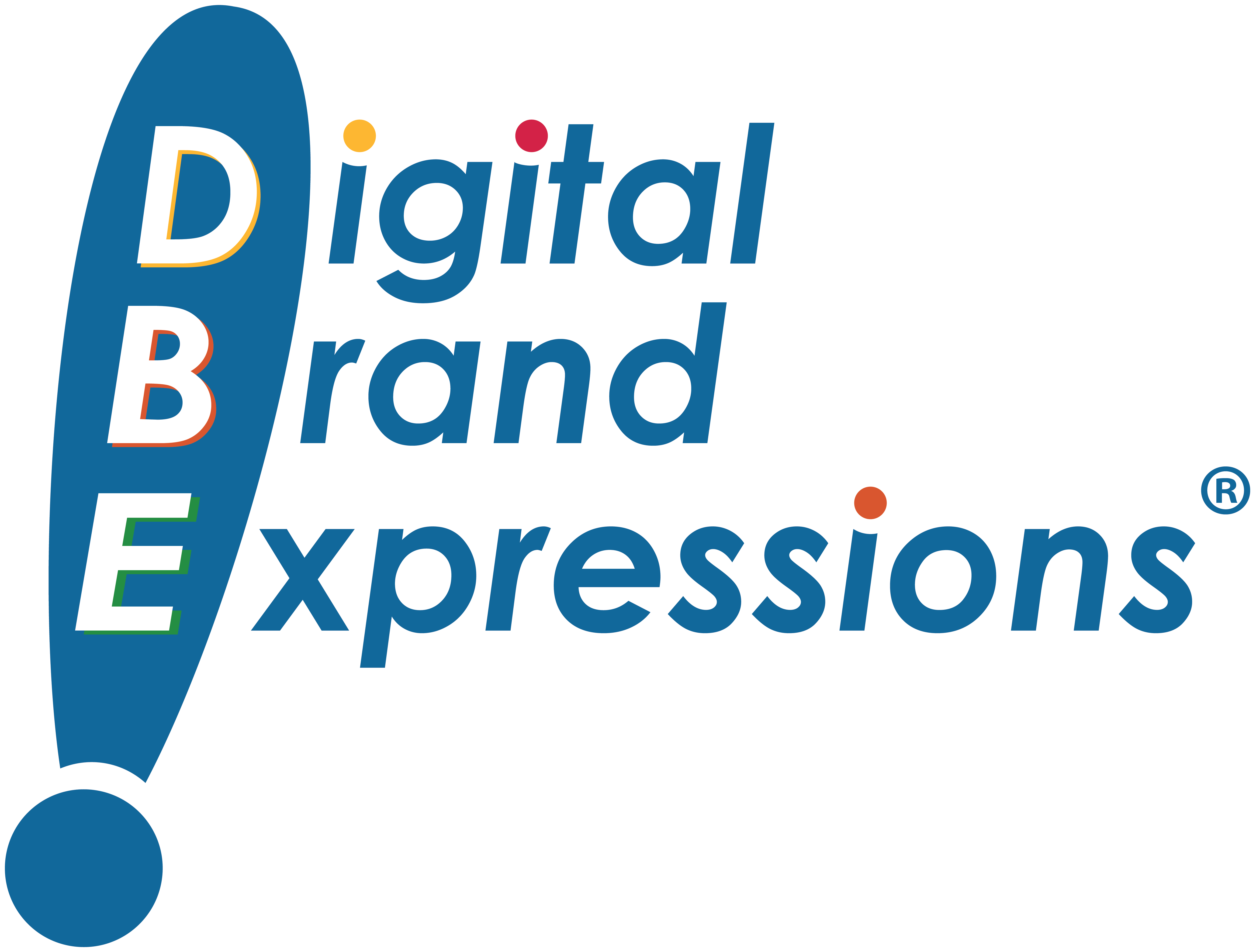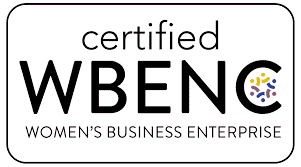We here at DBE have a problem with the below chart from eMarketer. It’s probably because we have this same problem when talking with potential clients about the complexities of paid search (Google AdWords in particular, though it applies to Bing Ads, too).
According to research conducted by Adestra and Ascenda2 in February of this year, only 32% of the respondents said their paid search and social ads were effective, and just 27% of them said running those programs was difficult.
From our perspective, the reason only 32% said their ads were working was because 73% of them thought setting up and running the programs was easy.

It’s not easy. Not if you’re doing it right.
At DBE we manage for performance. This means we research ahead of the client engagement to determine what should be doable. We work with each client to set realistic goals and to establish KPIs (Key Performance Indicators) around goals that are specific to their unique business situation. (KPIs are especially important for businesses with long sales cycles, for example, B2B heavy equipment or high-end consumer goods—sales that require a lot of research and considerations and frequent visits to various pages of a website).
We then complete research to ensure we’re buying the right keywords in terms of audience, pricing, and competition. We structure elaborate campaigns using ad groups, all forms of ad extensions, and set detailed tracking mechanisms to ensure we can measure not just the last touch point but as many of those attributable to the sale as possible.
We actively manage the paid search and social programs intra-day – testing, assessing, making modifications for performance improvement, and doing more of what’s working, advancing the ball daily. It’s not just modifying the bids, though that’s a big part of the daily work. It’s also about testing extensions with different messages, landing pages, and match types. It is not “just a media buy” by any stretch of the imagination.
Many large agencies and quite a few mid-sized ones are still making money on a commissions basis, as if the model were “ad buys.” That means when their clients spend more on paid search, the agency makes more money. Finding efficiencies in the process doesn’t benefit the agencies, so for them, proof of performance means showing large volumes of clicks. Detailing the actual delivery of those clicks and their costs compared with other options isn’t something they routinely do, and they absolutely don’t provide that level of measurement if their clients aren’t asking for it.
Very often, the people in charge of the paid search budgets on the client side are new to paid search or think of it as just another media buy, and so do their senior managers. And often on the agency side, the people running the paid search and social campaigns don’t have years of experience in their roles and the more seasoned agency executives know if they don’t rock the status quo, no one else will either. Taking it a step further, by staffing with junior players with lower salaries, agencies increase their profit margins. There’s not much incentive to drive for performance when no one is asking the tough questions.
At DBE, we are not commissioned. Our clients pay a retainer based on the experience level and expertise of the professionals assigned to their paid programs. A simple program with 20 or so keywords with a handful of KPIs can be managed by a
DBE specialist with a few years’ experience under the supervision of someone more seasoned. A multi-audience program comprised of hundreds of keywords for a pharma brand is going to be managed by a senior DBE professional with expertise in pharma. Same for complex campaigns for manufacturers with hundreds of SKUs or financial services firms touting engagement around their thought leadership posts as their leading KPI.
So, back to the graph… while 68% of the survey respondents can’t make their search and social ads work well, 100% of DBE’s clients’ programs are hitting their goals and maximizing their ad dollars, leaving competitors wondering what happened!
Want to be on the winning side of the equation? Give us a call.

